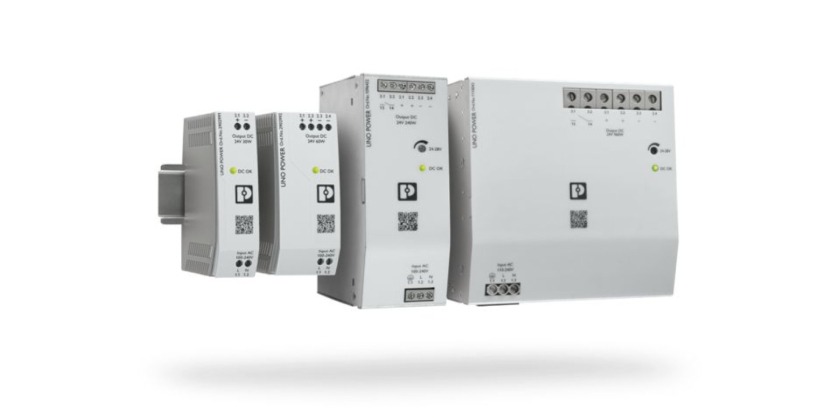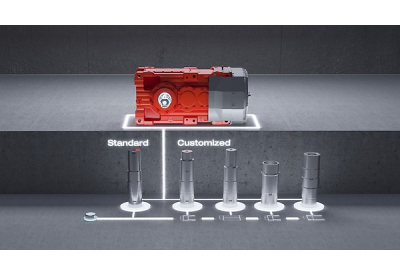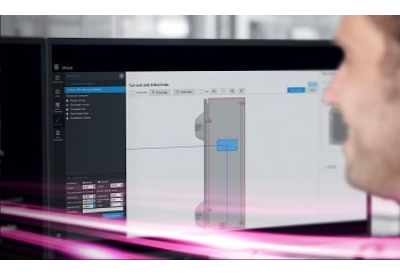SEMI F47 Compliance for Power Supplies
August 6, 2024

Complete portfolio has now been tested and verified for SEMI F47 compliance
Thanks to their high power density, the Phoenix Contact Uno Power power supplies with basic functionality are ideal for use in compact control cabinets. The complete portfolio has now been tested and verified for SEMI F47 compliance.
The Uno Power product range features efficient technology in small housings – with low no-load losses and high levels of efficiency. The range of 24 devices, with output voltages from 5 to 48 V DC, includes eight designs and covers loads from 25 to 960 W. The SEMI F47 standard defines minimum voltage sag immunity requirements for semiconductor processing, measurement technology, and automated test devices. As components of these devices, power supplies must meet these minimum requirements with regard to immunity.
If a power supply unit is certified in accordance with SEMI F47, it also works reliably in the event of short-term voltage dips. The standard has helped to avoid expensive downtimes in factories and for devices. It is being implemented by almost all semiconductor tool manufacturers and is becoming increasingly important worldwide. The first- and second-generation devices now comply with this new standard and are therefore suitable for the semiconductor industry.
With the large variety of products and wide temperature range from -25°C to +70°C (device startup at -40°C), the power supplies enable flexible use. In addition, the devices are characterized by particularly high vibration resistance and a high level of immunity to electromagnetic interference. The devices with a power of 25 W up to a maximum of 90 W are also certified in accordance with UL 1310/508 Listed Class 2. They are therefore particularly suitable for use in American markets.
More Information
More about power supplies with basic functionality
Related Story
Power Supplies for Extreme Ambient Conditions from Phoenix Contact
The third generation of power supplies sets a new standard in machine building. The power supplies are compact, robust, reliable, and impress with their easy handling. With the protective-coated PCB, the new power supply ensures high system availability, even under extreme ambient conditions. The coating protects against dust, corrosive gases, and humidity. Failures due to creepage currents and electrochemical migration caused by corrosion are also prevented.





